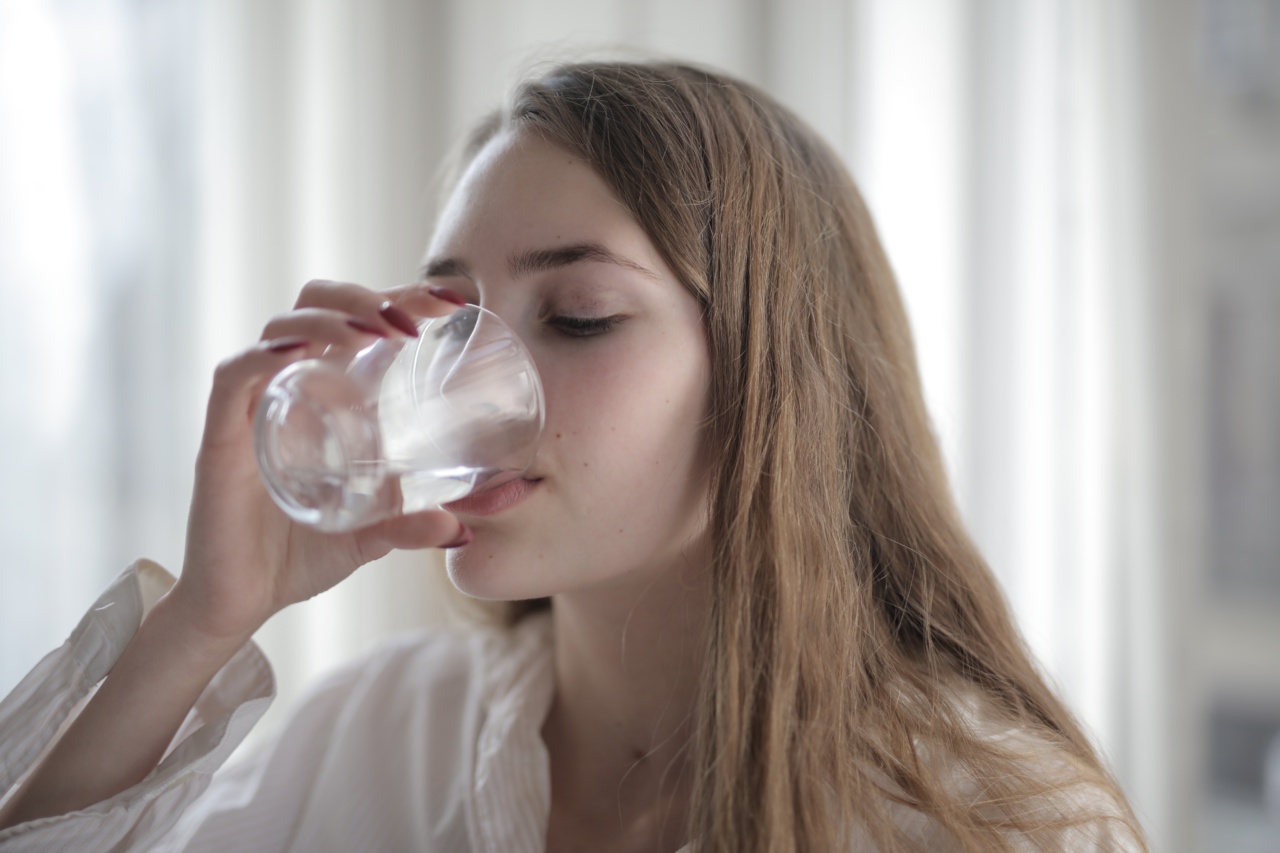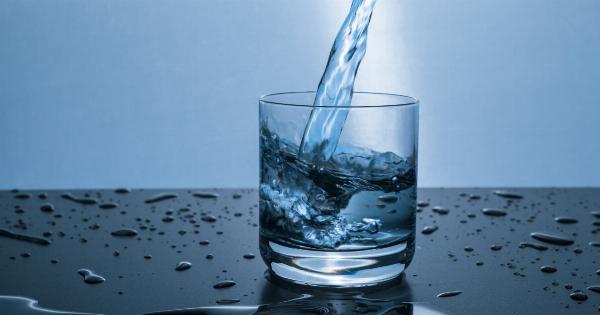Keeping our bodies hydrated is critical for overall health. But did you know that hydration is not just about drinking water? There are many factors that contribute to hydration, and each one deserves our attention.
In this article, we explore some of the less commonly known ways to stay hydrated.
Sweat It Out
You may think that sweating makes you lose water, but actually, it’s a sign that your body is trying to regulate its temperature and cool down.
Exercise and physical activity cause us to sweat, which means that our bodies are working to maintain a stable internal temperature. In fact, it’s recommended that adults engage in at least 150 minutes of moderate-intensity aerobic exercise per week.
However, excessive sweating can lead to dehydration. So, while sweating is good for hydration, it’s important to replace any fluids lost during exercise with water or an electrolyte-rich drink.
Eat Your Water
Did you know that many fruits and vegetables have a high water content? In fact, some foods are over 90% water. Consuming these foods can help to keep us hydrated, while also providing essential nutrients and fiber.
Some examples of high-water-content foods include watermelon, cucumbers, lettuce, and strawberries.
Additionally, consuming soups and broths can add to our daily fluid intake. These foods are not only hydrating, but they can also be made with nutrient-dense ingredients.
Sip on Tea
While water is a great way to hydrate, there are other beverages that can contribute to our overall fluid intake. Tea, for example, has been shown to have hydrating benefits. In fact, a study found that tea is just as hydrating as water.
Tea also contains antioxidants and other plant compounds that may have health-promoting effects. Just be aware that some types of tea, like black and green tea, contain caffeine, which can act as a diuretic and increase urine output.
Monitor Your Alcohol and Caffeine Intake
While tea may have hydrating benefits, other beverages like coffee and alcohol can have the opposite effect. Both caffeine and alcohol act as diuretics, meaning they increase urine output and can lead to dehydration.
If you do consume these beverages, it’s important to drink additional water to offset any fluid loss.
Consider Your Environment
The temperature and humidity of your environment can also have an impact on hydration. In hot and humid conditions, we tend to sweat more, which means we need to drink more water to stay hydrated.
Additionally, at high altitudes, our bodies lose water more quickly due to lower air pressure. If you’re planning to engage in physical activity at high altitudes, make sure to bring along plenty of water or an electrolyte-rich drink.
Listen to Your Body
The most important way to stay hydrated is to listen to your body. Everyone’s hydration needs will differ based on a variety of factors. Pay attention to signs of thirst, dry mouth, or dark urine, which can be indications of dehydration.
If you’re engaging in physical activity or exposed to hot temperatures, make sure to drink additional water or an electrolyte-rich drink as needed.
Conclusion
Hydration is about more than just drinking water. By incorporating a variety of hydrating foods, beverages, and habits into our daily routines, we can help to keep our bodies functioning at their best.
Remember to pay attention to your body’s cues and make adjustments as necessary to stay adequately hydrated.































